'Sideways' is brilliant any way you look at it
Miles is the hero of Alexander Payne's "Sideways," which is as lovable a movie as "Fargo," although in a completely different way. He's an English teacher in middle school whose marriage has failed, whose novel seems in the process of failing, whose mother apparently understands that when he visits her, it is because he loves her, and also because he needs to steal some of her money. Miles is not perfect, but the way Paul Giamatti plays him, we forgive him his trespasses, because he trespasses most of all against himself. Miles' friend Jack is getting married in a week. They would seem to have little in common. Jack is a big, blond, jovial man at the peak of fleshy middle-aged handsomeness, and Miles looks like -- well, if you know who Harvey Pekar is, that's who Giamatti played in his previous movie. But Jack and Miles have been friends since they were college roommates, and their friendship endures because together they add up to a relatively complete person.
Miles, as the best man, wants to take Jack on a weeklong bachelor party in the California wine country, which makes perfect sense, because whatever an alcoholic says he is planning, at the basic level he is planning his drinking. Jack's addiction is to women. "My best man gift to you," he tells Miles, "will be to get you laid."
Some terrible misunderstandings (and even worse understandings) take place, tragedy grows confused with slapstick, and why Miles finds himself creeping through the house of a fat waitress and her alarming husband would be completely implausible if we had not seen it coming every step of the way. Happiness is distributed where needed and withheld where deserved, and at the end of the movie we feel like seeing it again.https://www.rogerebert.com/reviews/sideways-2004
Paul Giamatti and Thomas Haden Church give the performances of their lives, complemented by two outstanding female leads: Sandra Oh and Virginia Madsen. Sideways received 5 Oscar nominations : Best Picture, Best Director (Alexander Payne), Best Adapted Screenplay (Payne and Jim Taylor), Best Supporting Actor (Thomas Haden Church) and Best Supporting Actress (Virginia Madsen). Surprisingly, Paul Giamatti was not nominated for his starring role.
"New classics of American cinema don't come along that often, so grab this one with both hands."

The Existential Road Trip
From Sideways to Nebraska and About Schmidt, Payne loves the road movie structure. His characters often embark on physical journeys that mirror their internal emotional arcs, usually discovering that the destination matters less than the messy journey.
The Holdovers (2023)

Payne bounces back from the disastrous “Downsizing” by reuniting with the star of arguably his most beloved film, “Sideways.” Paul Giamatti gets his richest part in years as Paul Hunham, a brutal professor at the prestigious Barton Academy in the early ‘70s. (Payne joked in his intro that he’s been basically making ‘70s comedies his whole career, so he figured he’d finally set a film then.) Hunham is generally disliked by students and staff, although a colleague named Lydia (Carrie Preston) does make the grumpy old man Christmas cookies. When Hunham isn’t handing out failing grades and assignments over Christmas break, he’s yelling at students for the slightest infractions. He’s one of those guys who doesn’t have much power in his life, so he uses it belligerently, leaving him few friends.
Every holiday break, a few kids have to stay over instead of going home, which requires a lonely man like Paul to keep an eye on them, even assigning schoolwork because that's really all he knows to do. Through a series of events, the holdovers this break end up being pretty much just Paul, a student named Angus (Dominic Sessa in a breakout role), and the head cook Mary (Da’Vine Joy Randolph). They’re three people at very distinct chapter breaks in their lives, but they will influence each other in a heartwarming and genuine way. David Hemingson’s script is about those wonderful turns in our lives when a stranger can shift us off in a new direction that we hadn't considered and how they can come long after we think we're done adjusting. It’s got some undeniable clichés, but Payne and his crew find a way to make the life lessons organic, refusing to build their dramedy on predictable plot twists. After all, this one is about the unpredictability of life.
https://www.rogerebert.com/reviews/the-holdovers-movie-review-2023







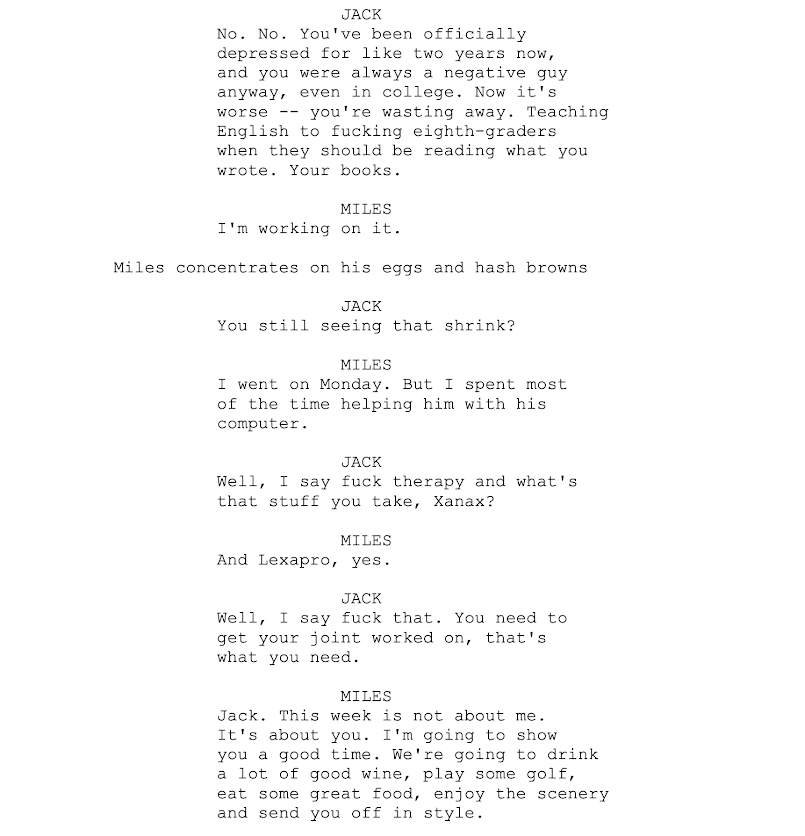

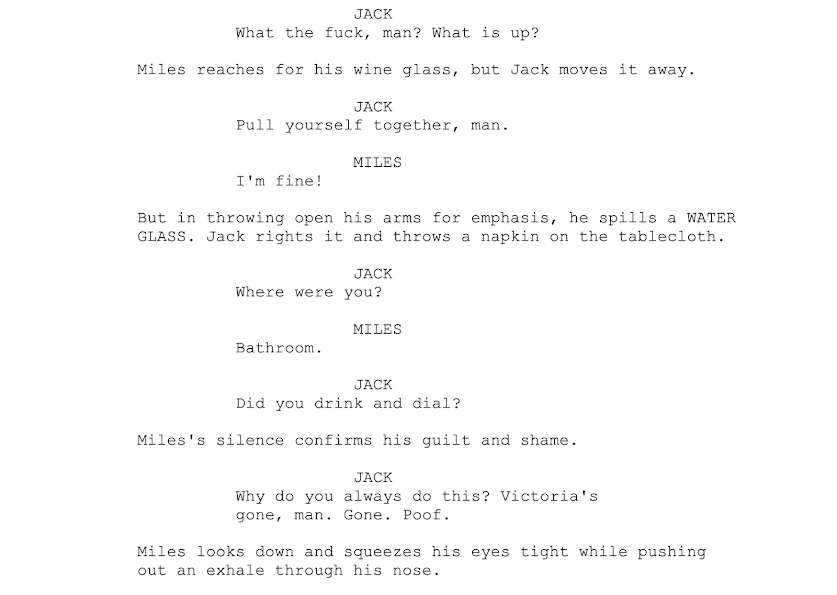

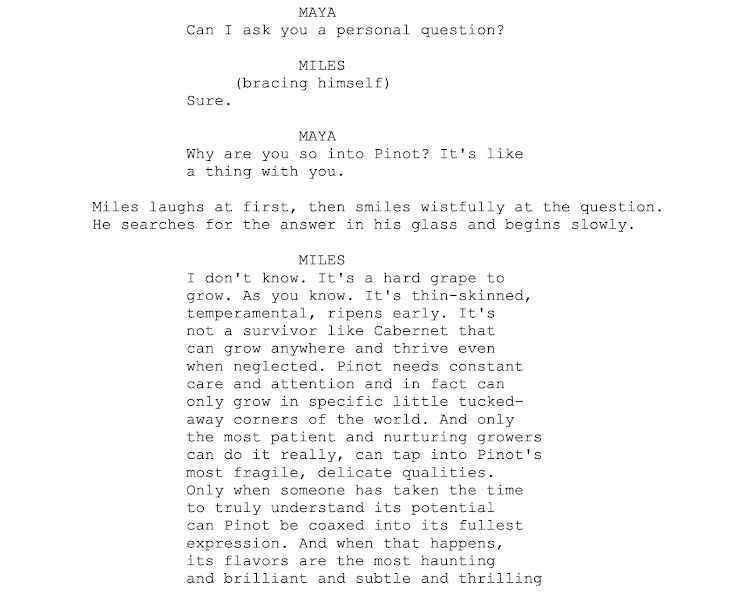

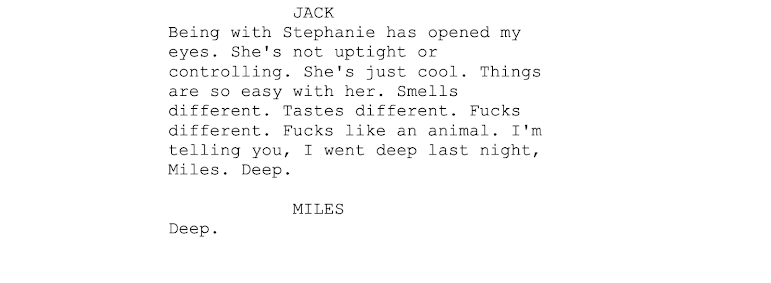
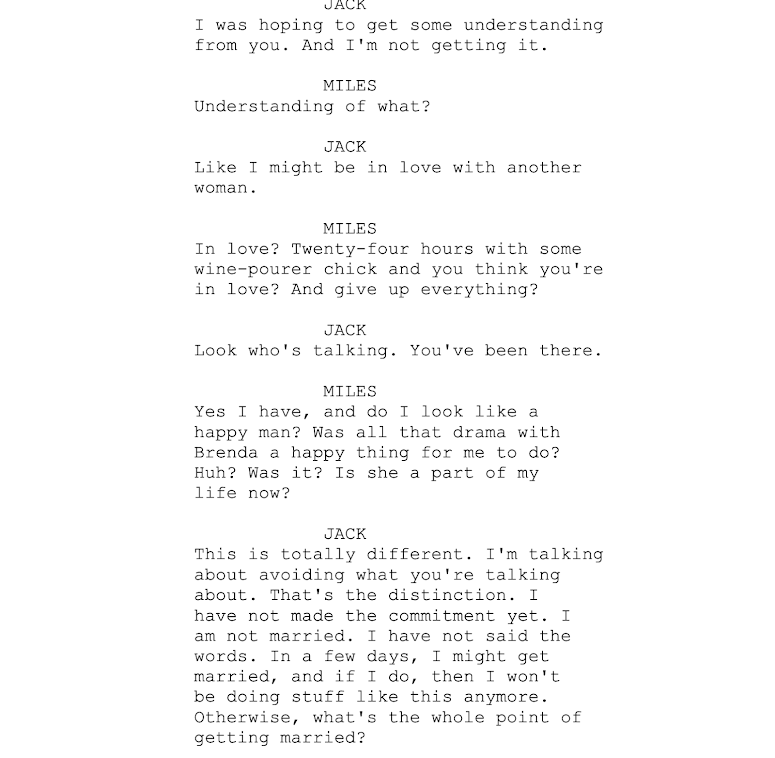

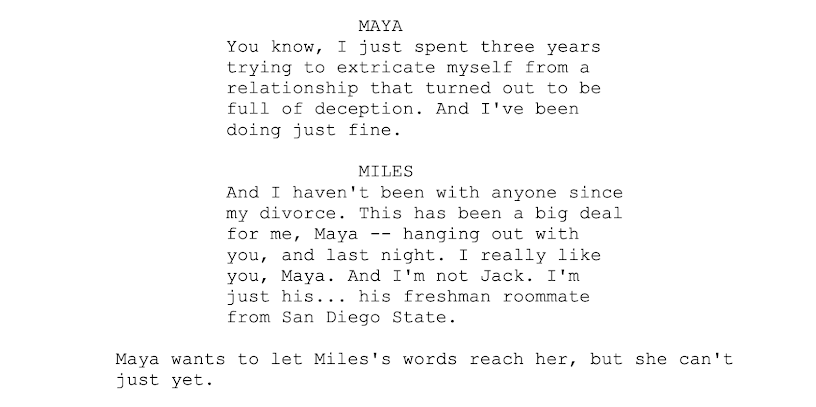

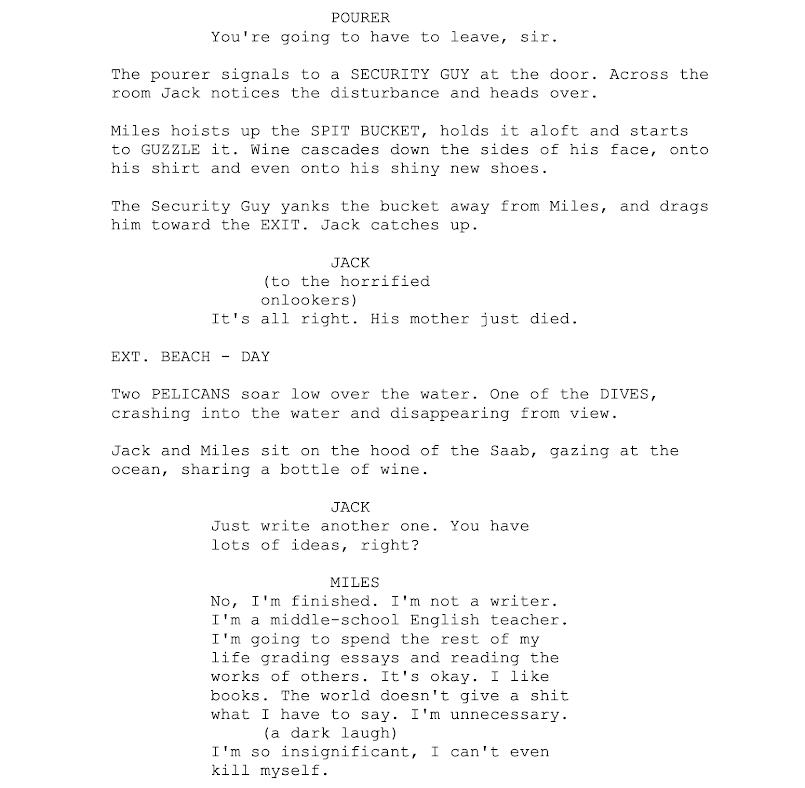

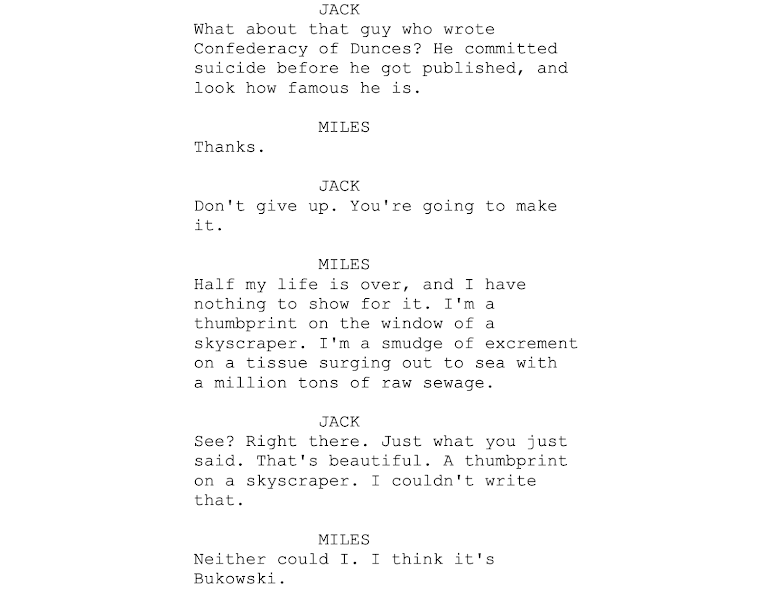

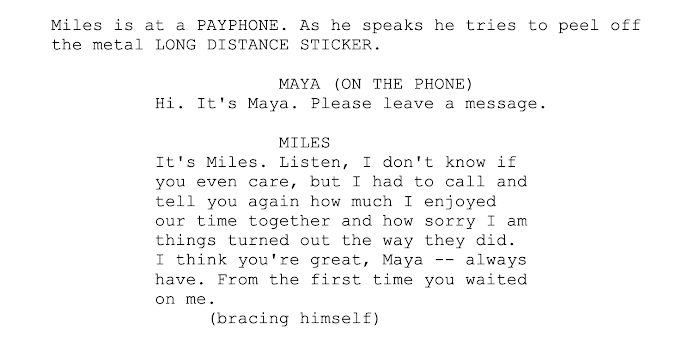




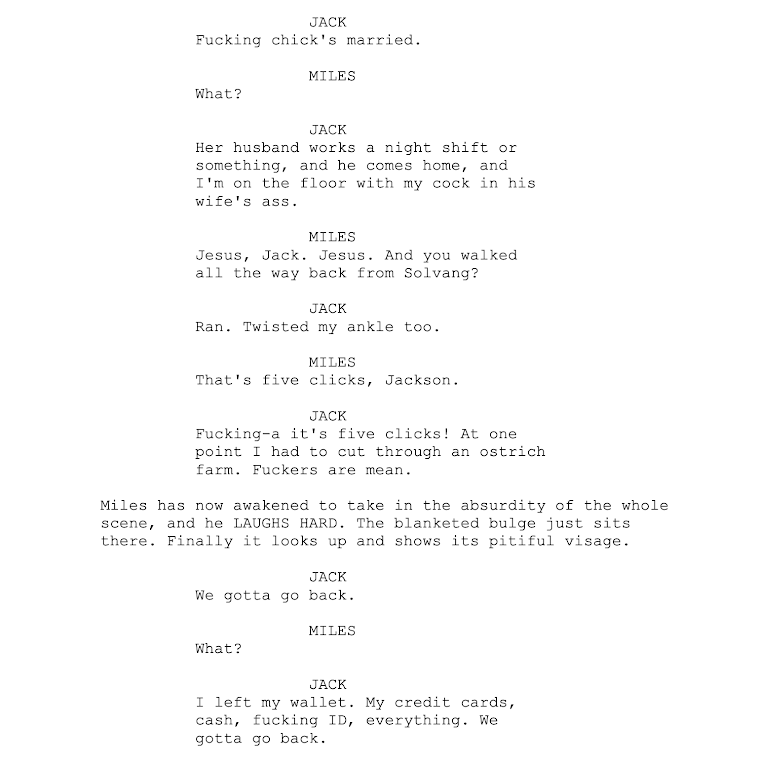








.jpg)